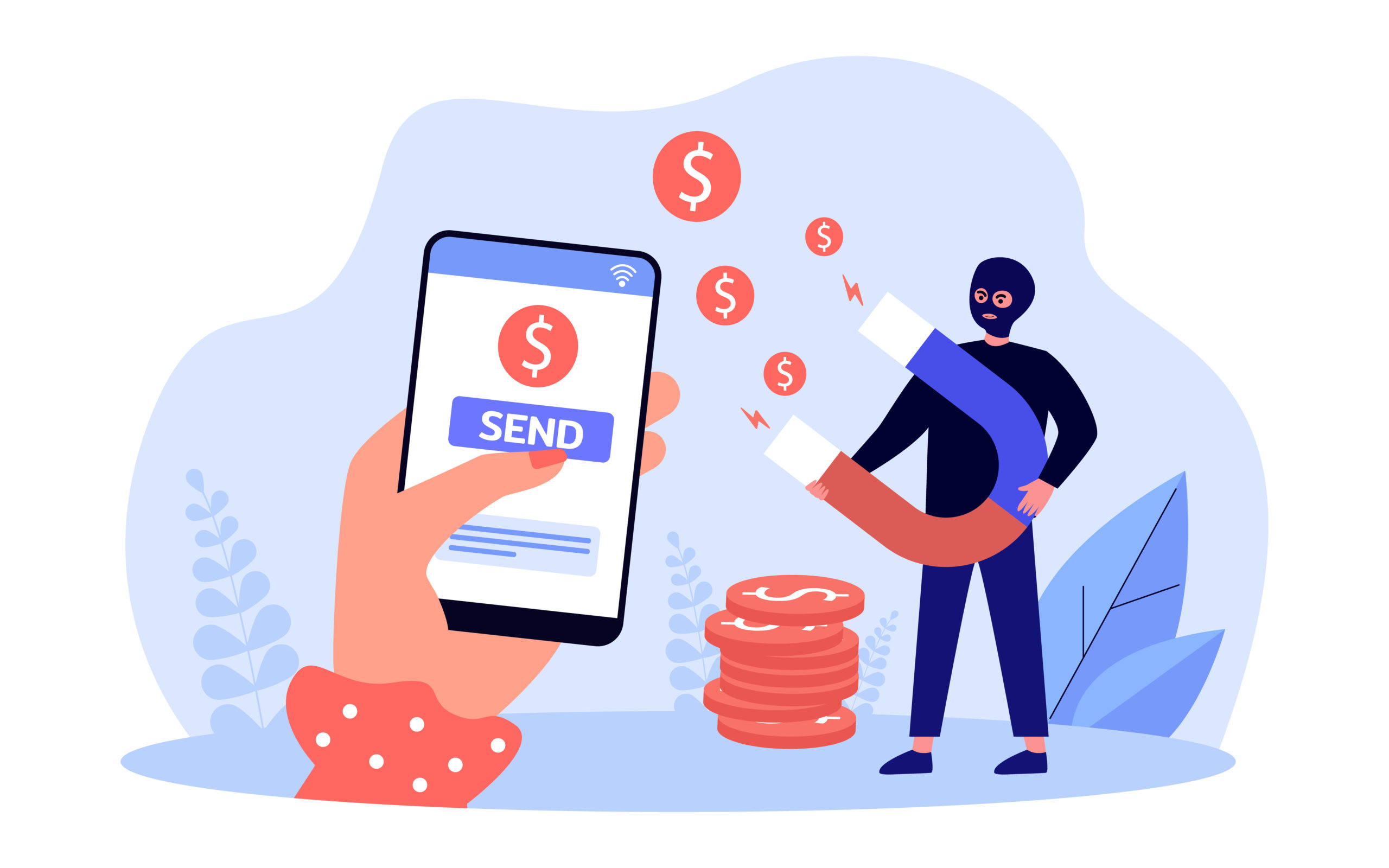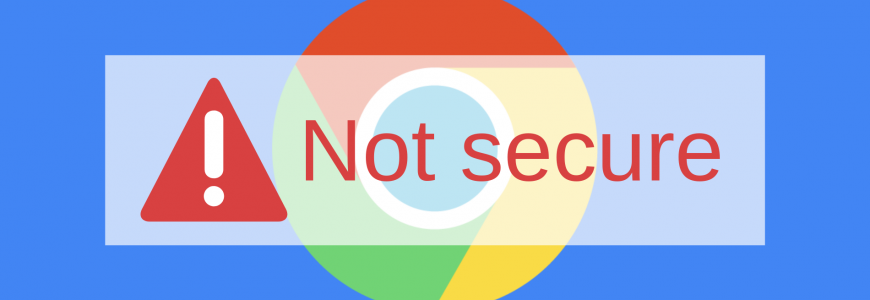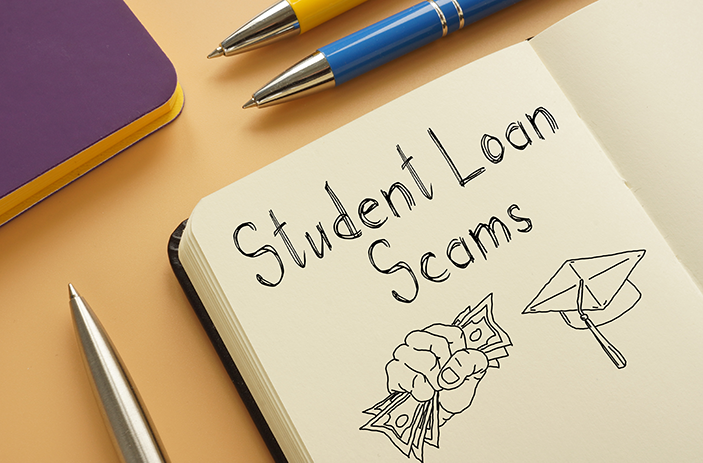Can Someone Hack Your Cash App Account With Just Your Email?
Peer to peer money transfer apps like Cash App and Venmo are convenient for sending cash to friends or relatives and splitting a dinner bill, but mobile payments are not without their own dangers. While it is unlikely that anyone would be able to compromise your Cash App account with just your username or email address; there are a number of ways for scammers to relieve you of your hard-earned cash. Your login credentials are at risk if you use the same password for multiple apps or online accounts. You should always use a unique password for each account and enable two factor authentication whenever and wherever it is available. These are no longer considered “extra” security but basic security measures to keep your account safe.
Is Cash App Safe?
Like any financial service, there are some risks associated with using Cash App. Here are a few potential risks to be aware of:
- Scams and fraud: Cash App is a popular platform, which means it is also a target for scammers. There have been reports of scams involving fake Cash App customer service representatives, phishing emails, and fraudulent offers. Be sure to verify the identity of anyone you interact with on Cash App and never share your personal or financial information with anyone you don’t trust.
- Loss of funds: If you lose access to your Cash App account, you may not be able to recover your funds. It is important to keep your account information and login credentials secure and to use the account recovery process if you lose access to your account.
- Service outages: Like any digital service, Cash App may experience service outages or other technical issues that prevent you from accessing your account or using the service. If this happens, you may not be able to access your funds or make payments until the issue is resolved.
- Fees: Cash App charges fees for certain services, such as using a credit card to fund your account or sending money internationally. Be sure to review the fees associated with the services you use on Cash App and consider whether they are worth the cost.
Overall, it is important to be aware of the potential risks associated with using Cash App and to take steps to protect yourself and your funds. This includes being cautious of scams, keeping your account information and login credentials secure, and understanding the fees associated with the services you use on the platform.
Cash App Safety Features
- PIN code protection: When you set up your Cash App account, you’ll be asked to create a PIN code. This code is used to access your account, so it’s important to choose a strong, unique code that is not easily guessable.
- Encryption: Cash App uses encryption to protect your personal and financial information as it is transmitted over the internet. This means that your information is scrambled while it is being transmitted, making it difficult for anyone to intercept and read.
- Fraud monitoring: Cash App uses advanced fraud monitoring systems to detect and prevent fraudulent activity on the platform. If it detects suspicious activity on your account, it may ask you to confirm your identity or take other security measures.
- Two-factor authentication: Cash App offers two-factor authentication as an optional security feature. When enabled, this feature requires you to enter a code sent to your phone or email in addition to your PIN code when logging in to your account.
- Account recovery: If you lose access to your Cash App account, you can use the account recovery process to regain access. This process may require you to provide information to verify your identity and ownership of the account.
Common Cash App Scams
Cash App Customer Service Scams
One of the most common scams you may encounter are customer service scams. Fraudsters impersonating a customer service representative may contact you via phone, text message, or direct message regarding your Cash App balance or other aspects of your Cash App account while impersonating Cash App Representatives. Never disclose login information for any account through direct email. Official Cash App Support is only available through the Cash App application itself and the Cash App website here: https://cash.app/help. Cash App emails will only come from these domains: @Square.com, @Cash.app, or @Squareup.com. Cash App does offer telephone support at 1 (800) 969-1940. If you receive communications regarding Cash App that you are uncertain about; use these official methods to double check. Never disclose your Cash App PIN or Cash App username to anyone not affiliated with the officials lines of customer support.
Phishing Scams
Phishing occurs when a scammer impersonates legitimate people, businesses, or websites to try and steal personal or sensitive information from their victim. Phishing attempts can come in the form of emails, text messages, or fake phishing websites. Phishing emails are the most common and are designed to cause distress in the reader. Typically they will contain deadlines or time limits that must be observed.
Cash App scammers will send a phishing email that may look legitimate at first glance but will often contain spelling errors and an email address that does not correspond to official Cash App domains. Always double check the source or sender of the email. These emails may ask you to verify your Cash App login, account information, credit card numbers, debit card numbers, social security numbers, phone numbers, and login credentials. It is never safe to send this kind of sensitive information over email or text message.
Giveaway, Cash Flipping, and Gift Card Scams
Be wary of giveaways, free money, cash flipping, and “money circle” scams. These scams typically involve scammers advertising big returns if you invest a small amount from your Cash App account. Fraudsters may contact with you an offer of free money, only you’ll need to send the scammer a gift card to redeem the prize. Another red flag for fraud are alleged “cash app hacks” that supposedly allow you to gain free money for a small investment.
Payment For Goods or Services Scam
This type of scam occurs when a scammer requests payment through Cash App for goods or services, but then fails to deliver the promised goods or provide the agreed-upon services.
Here’s an example of how this type of scam might work:
- The scammer contacts the victim and offers to sell them a product or provide a service, such as tickets to a concert or a piece of electronic equipment.
- The victim agrees to purchase the product or service and pays the scammer through Cash App.
- The scammer disappears or fails to deliver the promised goods or services.
To protect yourself from this type of scam, be sure to verify the identity of the person you are interacting with and do your research before making a payment. If the offer seems too good to be true or the seller is unwilling to provide references or proof of their identity, it is best to walk away. If you do make a payment through Cash App, be sure to keep track of your transactions and report any suspicious activity to Cash App immediately.
Bitcoin and Cryptocurrency scams.
With the popularity of Bitcoin and other cryptocurrencies still surging; scammers can and do take advantage of the untraceable and virtually anonymous digital currencies. You may encounter social media posts that advertise big financial returns for Bitcoin investments. Always double check the source of these posts; a friend or family member’s account may have been hijacked. If you see a suspicious post like this always check with your friends or family outside of social media, they may not be aware that their account was hijacked. Much like a cash app transfer; Bitcoin transfers cannot be recovered in the event of fraud.
#CashAppFriday Scams
Surprisingly, Cash App does give away bitcoin, money, and stocks on #CashAppFriday through social media apps like Twitter and Instagram. Participants only need to reply to the post with their $cashtag to enter. The problem with this is that fraudsters will then prowl the replies to the giveaway post and then message the users directly. Scammers will claim the user has won and ask for financial details to redeem their prize. Cash App’s official handle on Twitter and Instagram is @CashApp on both. You should never respond to a giveaway from any other account. It is not possible to claim cash prizes through Cash App and Cash App will never ask you to transfer money for any reason.
Accidental Cash App Transfers
In a new twist on traditional social engineering fraud; scammers will deposit money into your cash app account by “accident”. You might notice a deposit from a random person. This is a tactic fraudsters will use to gain their victim’s trust before asking them to refund or send back the cash. The problem here is that you don’t know where the deposited cash came from. Hackers use stolen credit cards and bank accounts to make the initial deposit, ask the victim to refund the money, and once it is refunded to their personal Cash App account the money is essentially laundered. If you receive a mysterious or unexpected deposit to your CashApp account it is advised to leave the money alone, report it, and let the Cash App Team handle it for you.
Report and Avoid Scams
If you think you have been scammed on Cash App, there are a few steps you can take to protect yourself:
- Contact Cash App support: You can contact Cash App support through the app or website to report the scam and request assistance. Cash App has a dedicated team that investigates reports of scams and fraud on the platform.
- Change your account information: If you believe your account has been compromised, you should change your login information and PIN code as soon as possible to prevent the scammer from accessing your account again. You can do this through the app or website.
- Monitor your account: Keep an eye on your account to see if any unauthorized activity has occurred. If you see any suspicious transactions, report them to Cash App immediately.
- Contact your bank: If you have lost money as a result of the scam, you may be able to recover your funds through your bank. Contact your bank as soon as possible to report the scam and request assistance.
It is also a good idea to be cautious of scams and fraudulent activity in the future by verifying the identity of anyone you interact with on Cash App and never sharing your personal or financial information with anyone you don’t trust.
Report a potential scam payment by following these steps:
- Tap the profile icon in the top right corner
- Tap Support
- Select Report a Payment Issue
- Select the payment and follow the prompts
If the scam is associated with a potential scam account instead of a specific payment, report and block a potential scam account by following these steps:
- Launch the Cash App and tap on a Customer Avatar to view a profile. You can also search for a profile by entering a Name, $Cashtag, Phone Number or Email
- Scroll to the bottom of the profile and tap on ‘Report’ or ‘Block’
- Select one of the options and follow next steps
Additionally, you can contact the Cash Support team through your app over over the phone by calling 1 (800) 969-1940.




